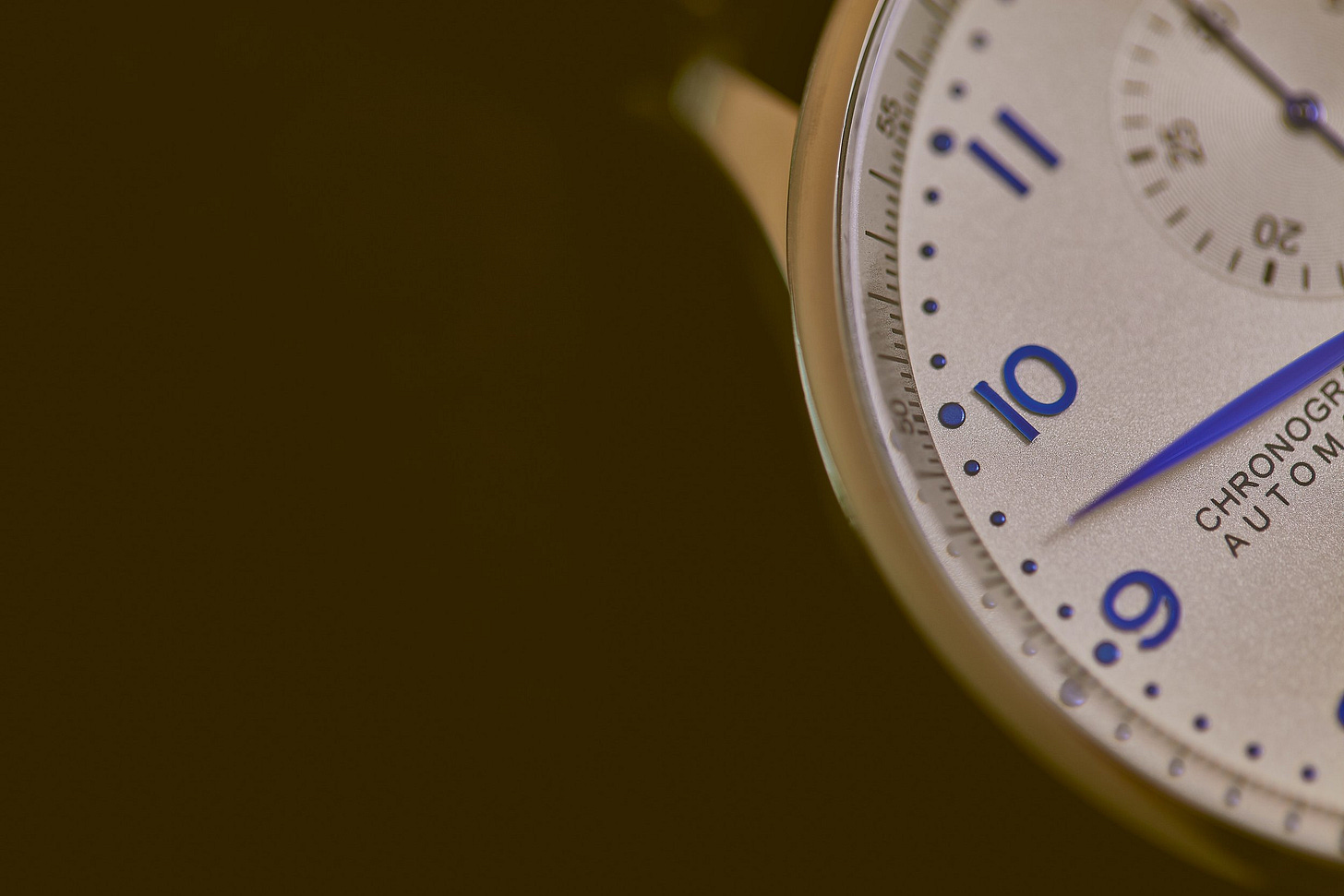What Is Your Minute to Frequency Friendship Ratio?
I learned a valuable lesson on friendship recently from a 27 year old. It was one of those unexpected moments. You know, when someone says something about life that you never heard before but you immediately know it's true. After speaking this truth, Jacob started spewing examples. The examples made it all the easier to confirm this truth and apply it.
My son's best friend, Jacob, said, "Nick is a three-minute-a-day friend. Thirty days a month, three minutes a day."
"What do you mean?" I asked.
"Real friendship to Nick is talking for a few minutes a day. He feels closest to people he interacts with daily. The call doesn't have to have any purpose. It is really all about staying in touch," he explained.
He then went on...
"Then there are friends who think friendship is staying in touch twice a week for fifteen minutes. Others are once a week or once every two weeks. Then there are friends who I talk to monthly. These friends will usually talk for an hour or more. You see, the higher the frequency, the shorter the call."
I never thought of defining friendships based on communication frequency. Not email, but actually speaking to each other. And I never thought of friendship being defined by the other person.
Years ago my friend Regi told me I wasn't a close friend. When I asked why, he said, "We don't talk often enough." This hurt my feelings because I thought we were close friends.
After I left him that day, I couldn't stop thinking about what he said. I came to the conclusion that friendship rules are defined differently by each of the friends in the friendship. In spite of what he said, I believed we were best friends. After all, we talked every couple of weeks for half an hour. This was often enough for me. But what I learned from Jacob is, it wasn't enough for Regi.
If I wanted to be Regi's best friend, I needed to call him a couple of times a week. And these calls needed to be meaningful because that was Regi. He didn't want chit-chat. He wanted meat and transparency. Looking back, these would have to be twenty-minute calls. If I did this, I know he would have considered me a best friend. Instead, I fell into his good friend category.
Back to Jacob
I then asked him to tell me about his friends.
To my surprise, he had a contact cadence for each one of his friends. His cadence depended on how his friend viewed their friendship and not how he viewed their friendship. And what was interesting to me was Jacob didn't think about how often he called a certain friend. It just happened that way. It was a natural cadence. His friends never made it to his to-do list. They were friends, not sales prospects.
"What if a friend wants you to call more frequently?" I asked, thinking about my conversation with Regi.
He said, "Then you have a decision to make. How close of a friend do you want to be considered by this person. You either increase the conversation frequency, or you are choosing to be a more distant friend."
I asked Jacob, "How did you learn this?"
He said, "I might not be the smartest guy in the world, but I do know people."


